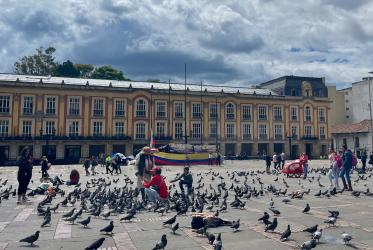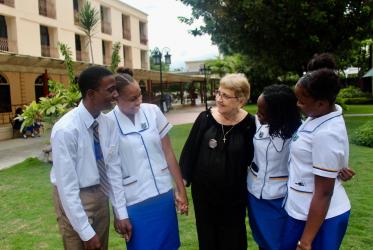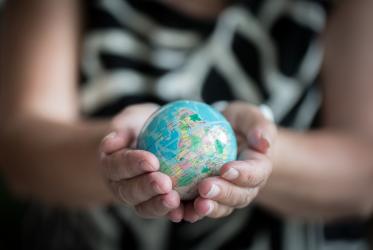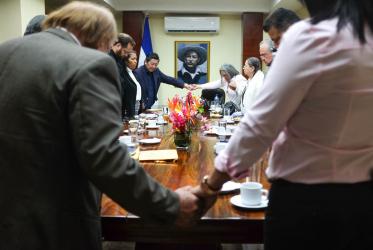Displaying 1 - 18 of 18
“If this is the ecumenical movement I want to be in!”
11 October 2018
Linette Vassel: “We need to examine power more deeply as women”
03 October 2018
In Argentina, stirring journey for human rights continues
01 September 2017
"We have our work cut out for us"
10 August 2017









